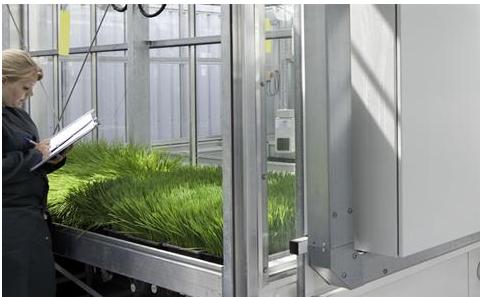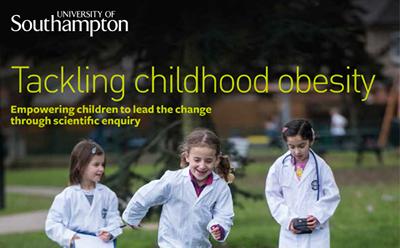
Policy Projects
Find out more about research projects Public Policy|Southampton are currently working with

Childhood obesity in the UK is a major public health problem. In 2015/2016, more than one in five children in the first year of primary school were overweight or obese. By the time children leave primary school this figure will have risen to one in three. This burden is not spread equally; in the most deprived areas of the country 40% of children are overweight or obese, compared to 27% in the most affluent areas. Obese children often become obese teenagers and adults. Childhood overweight and obesity are linked to greater risks of many chronic diseases later, especially diabetes, high blood pressure, heart disease, muscle and joint problems and some types of cancer. Obesity is estimated to cost the NHS over £4 billion every year. Overweight and obesity can reduce children’s self-esteem and lead to lower educational attainment and behavioural problems. The causes of obesity in childhood are linked to poor diet, lack of physical exercise and a sedentary lifestyle. The government’s obesity strategy calls for action at all levels of society to prevent obesity in children as a matter of urgency. Early LifeLab accords with that strategy.
Primary schools have a vital role to play in preventing obesity. Teachers engage with young children on a daily basis and so can help them to have healthy diets and to be more physically active. Parents are often involved in their children’s primary schools and so there is potential to encourage them to set a good example in terms of healthy lifestyle. When healthy habits are established early in life, children develop with resilience, allowing them to make healthy lifestyle choices throughout their formative years, especially during the transition to secondary school as they gain increasing independence. Early LifeLab gives them the knowledge and the confidence to do so.
Early LifeLab is an educational intervention for primary schools. It aims to support children in making healthy choices about the foods they eat, their levels of physical activity and sedentary pursuits, and their sleep patterns. Early LifeLab provides a series of fully resourced, short, cross-curricular work packages for delivery at different stages of the primary years. It makes the science behind the need for healthy diet, physical activity and sleep accessible to young children, helping them to discover why this matters for themselves.
With support from Public Policy|Southampton the primary policy change that this project is seeking to achieve is for the Department of Education to amend its restrictions for English LA run primary schools, to have comparable flexibility with MATs, in utilising the funds from the Soft Drink Levy to sustain a national roll out of the Early LifeLab intervention (or similar behaviour change interventions).
The secondary policy aim of this project is to identify and liaise with MAT Directors and Local Governance Boards in England to encourage Curriculum and Wellbeing policy change to utilise this intervention to support behaviour change in children attending MATs.
The tertiary policy change aim is to exploit our already good relationships with public health and education specialists in thein Scotland to identify policymakers with the Scottish government and promote this intervention to be adopted in Primary schools in line with Scotland’s ‘Preventing Overweight and Obesity in Scotland: A route map towards healthy weight’ strategy.
Professor Mark Hanson | Mark is one of the UK’s leading researchers on developmental pathways to disease. He is current President of the International Society for the Developmental Origins of Health and Disease and was a founder member and former secretary of the Society. He has served on a range of committees in government, charitable and NGOs focusing on the importance of adopting lifecourse perspective to new ways of reducing the burden of non-communicable disease globally. In the UK he directs the University of Southampton Academic Unit of Human Development and Health in the Faculty of Medicine and overseas he holds visiting appointments in Auckland, Singapore, Dublin, Jamaica and Suzhou.
Professor Hazel Inskip | Hazel is Professor of Statistical Epidemiology and Deputy Director of the MRC Lifecourse Epidemiology Unit in Faculty of Medicine.
Dr Janis Baird | Janis is Associate Professor of Public Health Medicine at the MRC Lifecourse Epidemiology Unit, University of Southampton. Her research focuses on the translation of evidence of the developmental origins of health and disease into public health policy and practice.
Dr Kathryn Woods-Townsend | Kathryn is LifeLab Programme Manager within Southampton Education School at the University of Southampton.
Dr Hannah Davey | Hannah is Lifelab Teaching Fellow within Southampton Education School at the University of Southampton.

Find out more about research projects Public Policy|Southampton are currently working with

Read policy briefs from recent research projects